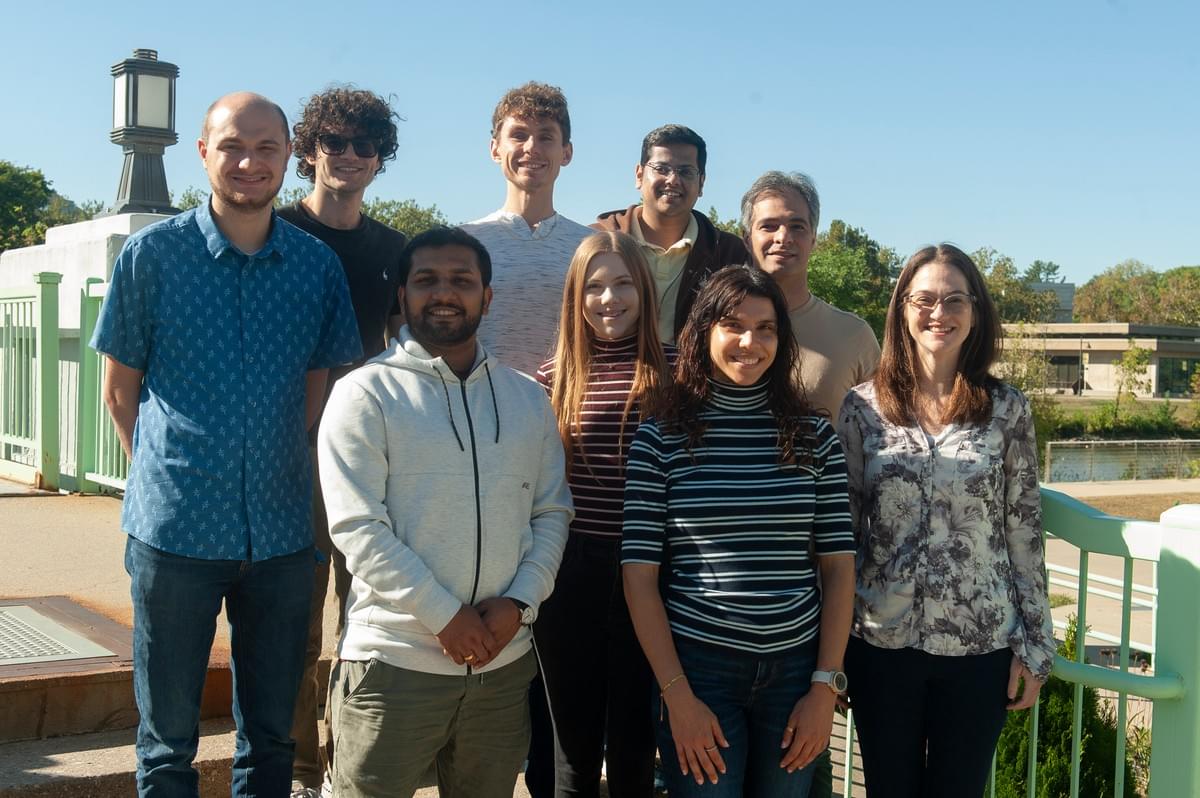
The Williams Lab

Prof. Florence J. Williams
Assistant Professor of Chemistry, University of Iowa
Chemistry Building, W285
(319) 384-1319 / florence-williams[at]uiowa.edu
- B.S. New York University (2006)
- Ph. D. University of California - Irvine (2011)
- PDF Princeton University (2012-2015)
- Assistant Professor, University of Alberta (2016-2019)
Florence has a diverse background of scientific experience, beginning with her work with Prof. Marc Walters at New York University on gadolinium based MRI contrast agents, as well as iron redox catalysts. Following her transition to graduate school at University of California, Irvine, Florence worked with Prof. Elizabeth Jarvo, where she studied the catalytic abilities of rhodium, palladium, and nickel based complexes to create new C-C, C-O and C-N bonds. In particular, she studied the addition of carbon-based nucleophiles to carbonyl-derived substrates, as well as sp3-sp3 carbon-carbon cross-coupling. Departing from organometallic catalysis, Florence chose to work for Prof. Dorothea Fiedler in the area of chemical biology. Among her projects, Florence developed a fluorescent reagent capable of detecting proteins and peptides which had been pyrophosphorylated. This reagent can be applied to in-gel visualization, allowing for a straightforward method of analysis.
Florence is excited to combine all of the fundamental skills she has developed over her training and apply them towards improving chemical tools for the analysis of cellular behaviors.
Projects

Boron Triiodide-Mediated Reduction of Nitroarenes
The reduction of nitroarenes using BI3 (generated in situ using KBH4 and I2) is described in our recent publication. Conditions were optimized for BI3 generation and then applied to a wide range of nitroarenes, including traditionally challenging substrates. The method constitutes a practical reduction option which produces low-toxicity boric acid and potassium iodide upon workup. Check it out here: https://pubs.acs.org/doi/full/10.1021/acs.orglett.3c03257

C–F Bond Cleavage
We are pursuing the use of boron Lewis acids as instigators of C–F bond cleavage. C–F bond halogen exchange can be accomplished using Lewis acidic boron reagents which offers numerous synthetic possibilities.
Check out our recent review on C–F bond halogen exchange reactions featuring our group’s advances in activating CF3 groups using boron trihalides:
https://www.thieme-connect.com/products/ejournals/abstract/10.1055/a-1941-2205

Boron-Mediated Organic Transformations
Our boron-mediated chemistry involves using the strong coordinating and activating characteristics of boron Lewis acids to cleave alkyl C–O bonds and to coordinate to oxygenated functionality for directed transformations. Boron Lewis acids are typically non-toxic after simple aqueous workup and are easily removed from the final product, making them attractive reagents.
Check out our recent publications in this area:
https://pubs.acs.org/doi/10.1021/acssuschemeng.4c06206
https://pubs.acs.org/doi/10.1021/acs.orglett.8b02356https://www.sciencedirect.com/science/article/pii/S0040402019301474

Neurotrophic Small Molecules
As neurodegenerative diseases such as Alzheimer's, Parkinson's and Huntington's disease increase in prevalence around the world, new strategies to halt or reverse disease progression are desperately needed. We are investigating the mechanism of neurotrophic (definintion: promoting the proliferation, growth or survival of neuron cells) small molecules in order to provide new insights into pathways of resistance to brain tissue degredation. It is our hope that such insights may light the way for new, more effective, therapeutic strategies.
Our publications in this area:
https://link.springer.com/article/10.1007/s12035-025-04772-1
https://pubs.rsc.org/en/content/articlelanding/2022/ob/d2ob00016d
Publications
Andrej Ćorković, Genevieve S. Duggan, Pere Miro, and Florence J. Williams
Chem Rxiv. (2025).
Theodora E. Leventis, Noah G. Veatch, and Florence J. Williams
European Journal of Organic Chemistry. (2025). 28, e202500649.
Ashley A. Schneider, Benjamin Revis, and Florence J. Williams
Inorganica Chimica Acta. (2025). 588, 122865.
Theodora E. Leventis, Patrick Judge, Jialiang Zhang, M. Zain H. Kazmi, Marcus B. Foston, and Florence J. Williams
ACS Sustainable Chemistry and Engineering. (2024). 12, 47, 17210-17221.
Piyumi B. Wijesiri Gunawardana, Khyati Gohil, Kyung-Mee Moon, Leonard J. Foster, and Florence J. Williams
Molecular Neurobiology. (2025). 62, 9031-9051.
Andrej Ćorković, Thomas Chiarella, and Florence J. Williams
Org. Lett. (2023). 25, 49, 8787-8791.
Andrej Ćorković, Andreas Dorian, and Florence J. Williams
Synlett. (2023). 34, 03, 193-202.
Khyati Gohil, M. Zain H. Kazmi, and Florence J. Williams
Org. Biomol. Chem. (2022). 11, 20, 2187-2193.
Andreas Dorian, Emily Landgreen, Hayley Petras, James Shepherd, and Florence J. Williams
Chem. Eur. J. (2021). 42, 27, 10839-10843.
M. Zain H. Kazmi, Abhoy Karmakar, Vladimir K. Michaelis, and Florence J. Williams
Tetrahedron. (2019). 75, 11, 1465-1470.
Bren Jordan P. Atienza, Nam Truong, and Florence J. Williams
Organic Letters. (2018). 20, 20, 6332-6335.
Florence J. Williams and Dorothea Fiedler
ACS Chemical Biology. (2015). 10, 9, 1958-1963.
Florence J. Williams, Robin E. Grote, and Elizabeth R. Jarvo
Chemical Communications. (2012). 48, 10, 1496-1498.
Florence J. Williams and Elizabeth R. Jarvo
Angewandte Chemie International Edition. (2011). 50, 4459-4462.
Talha S. Siddiqui, Ashish Jani, Florence J. Williams, Robert N. Muller, Luce Vander Elst, Sophie Laurent, Fang Yao, Youssef Zaim Wadghiri, and Marc. A Walters
Journal of Colloid and Interface Science. (2009). 337, 1, 88-96.
Marc A. Walters, Jacqueline Chaparro, Talha Siddiqui, Florence J. Williams, Caleb Ulku, and Arnold L. Rheingold
Inorganica Chimica Acta. (2006). 359, 12, 3996-4000.
Group Members

Theodora Leventis
Postdoctoral Researcher (PhD Awarded December 2025)
Theodora is from Rolla, Missouri. Proud of her corn land heritage, she obtained her B.S. in chemistry and minor in mathematics at the University of Missouri-Columbia and is now a graduate researcher at UIowa working in the Williams research lab – she is Florence, and Theodora is The Machine. Her work involves using boron Lewis acids to cleave strong C–O and C–F bonds, with application in lignin and cellulose separation from biomass, epoxy plastic degradation, and halodefluorination of PFAS. While waiting for her reactions to go to completion, Theodora enjoys baking sweets and then eating them all at once, hiking, reading, and running. After the Tundra months, Theodora is often spotted on her longboard, going on long runs, and listening to music.

Thomas Chiarella
PhD Candidate (5th year)
Thomas is from South Brunswick Township, New Jersey. He received his B.S. in chemistry at The College of New Jersey (TCNJ) in December 2020. While in undergrad, he experimented with the lithium-halogen exchange of a brominated thiophene derivative. After graduation, he interned at Adesis Inc.-a small CRO company in New Castle, Delaware before coming to the
University of Iowa in August 2021. Outside of the lab, he enjoys fishing, hiking, playing card and board games, listening to rock music, and watching Breaking Bad.
Heather Koska
PhD Candidate (5th year)
Heather is originally from a small Illinois suburb. She attended Loyola University Chicago where she majored in Chemistry and minored in Meme Page Management (just kidding about the latter, unfortunately). While at LUC, she pursued research under Professor James Devery III pertaining to Lewis acid catalyzed carbonyl-olefin metathesis reactions. After graduating in 2021, she enrolled at the University of Iowa where she joined the Williams lab in the Spring semester of 2022. Besides organic chemistry, Heather enjoys dance, painting, saying “sorry for being the rate-limiting step” when she is holding up a group, reading, and learning random new skills.

Iman Ghaderi
PhD Student (3rd year)
Iman comes from Juybar, famously known as the wrestling capital of Iran. He earned his M.S. in Organic Chemistry from Shiraz University in 2016, where he worked under the guidance of Prof. H. Sharghi. His research focused on synthesizing a novel reusable heterogeneous copper nano-catalyst and studying its potential in various organic reactions. After being admitted to the graduate Chemistry program at the University of Iowa, Iman joined the Williams group in 2024. Outside of his academic pursuits, he enjoys various activities, including swimming, working out, mountain climbing, hiking, playing football and cards, listening to music, and exploring the beauty of nature.

Anthony Furrule
PhD Student (2nd year)
Anthony is proud to be from the Garden State, New Jersey. Anthony graduated with his bachelor's in chemistry from York College of PA in 2024. While there, Anthony studied novel di-thiol tryptamines for their use in the treatment of neurodegenerative disorders under the guidance of Professor Kathleen Halligan. During this time, Anthony became a strong advocate of green chemistry and changed the way he performs and teaches science to be more environmentally conscious. Anthony joined the Williams lab in the spring semester of his first year at the University of Iowa where he studies Neurotrophic Small Molecules. Although Anthony is always finding new hobbies to love, his current joys outside of the lab are growing rare and exotic plants, gardening, hiking/foraging/plant and fungi ID, growing culinary mushrooms, and playing harmonica.

Debayan Chattopadhyay
PhD Student (2nd year)
Debayan is from Kolkata, India popularly known as "City of Joy." Debayan completed his Bachelor's degree in Chemistry Honours from the University of Calcutta (WB, India) in 2019. In 2022, Debayan completed his Master's degree in Organic Chemistry from Pondicherry Central University. There, Debayan worked with Dr. Deepthi Ramesh and Dr. V. G. Balaji under the supervision of Prof. K. Tharanikkarasu in the field of Medicinal Chemistry. Debayan joined Uiowa in Fall 2024. Debayan's hobbies include listening to music, having good food, visiting different places, and obviously sleeping whenever it's free time.

Prateek Aryal
PhD Student (2nd year)
Prateek is from the Kathmandu city located in Nepal, the land of Buddha and Mt. Everest. He has completed his bachelor’s degree in Chemistry and M. Sc. in Organic Chemistry from Tribhuvan University. He has worked on a project funded by Nepal Academy of Science and Technology in designing synthetic molecules by incorporating different functional moieties into a single compound, enhancing the biological function of it under the supervision of Assoc. Prof. Dr. Bhushan Shakya. His other interests include travelling to places, singing, doing portrait sketch art, and badminton as a sport. He joined the Williams lab in the Spring of 2025.

Anusha Manganahalli
PhD Student (1st year)
Anusha Manganahalli is originally from Bengaluru, India. She obtained her Bachelor of Science (B.Sc.) degree from Christ University in 2016 and her Master of Science (M.Sc.) degree from Bengaluru University in 2018. As a master’s student, she worked on Bi2Te3 – MoS2 layered nanoscale heterostructures for electron transfer catalysis under the supervision of Dr. Nethravathi C. and Dr. Michael Rajamathi. Inspired by enzymes, she transitioned into research on biocatalysis. She joined the Williams lab in the fall of 2025 to work on the neurotrophin small-molecule project, channeling her enthusiasm for microcosm.
When not nurturing her cell cultures, Anusha enjoys running, biking, exploring national parks, and developing perfect science analogies to explain real-life ideas.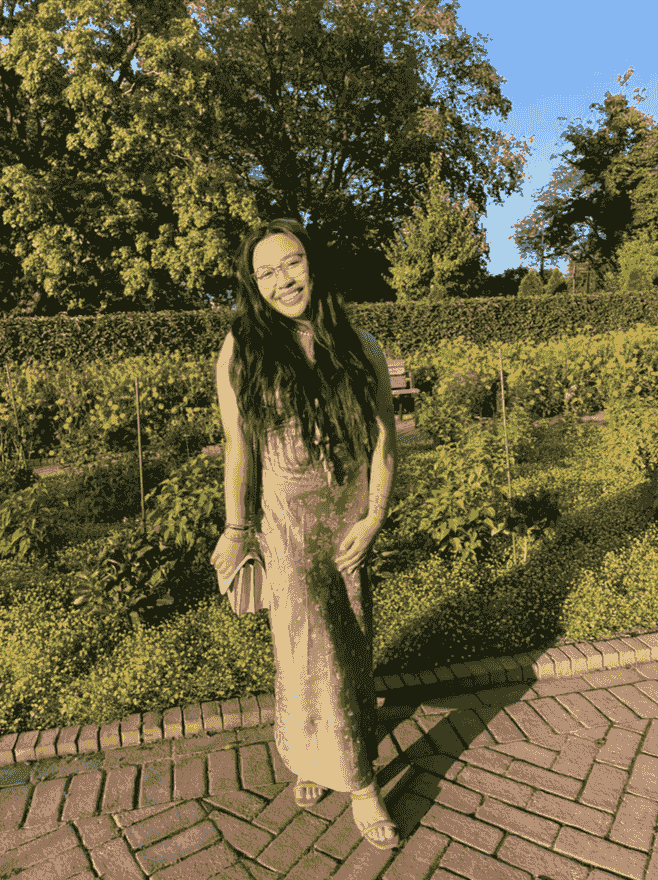
Avelin Thepsomphone
PhD Student (1st year)
Avelin was born in the windy city of Chicago, but raised in Joliet, Il. She received her B.A. in chemistry and minor in education at the College of the Holy Cross in Worcester, MA. During her undergraduate career, she experimented with Rhodium and Copper catalysis and explored click chemistry to synthesize various N-containing heterocycles. She graduated in May 2025 and later joined the University of Iowa as a graduate researcher in the Williams research group. Outside of chemistry, Avelin loves to practice her DJing skills, cooking, and hiking.

Marissa Majewski
Undergraduate Student (3rd year)
Marissa is from Plainfield, Illinois. She is currently an undergraduate student at the University of Iowa majoring in Chemistry and minoring in Criminology. She joined the Williams Lab in the spring of her sophomore year, and is currently researching how fluorophores may aid in glucose sensing. When not in the lab, Marissa enjoys the gym, reading books, gardening, and baking.
Group Alumni (not pictured)
Leighton Barnes (Undergrad, UIowa)
Aidan Cravan (Undergrad, UIowa)
Hannah Saunderman (Undergrad, UIowa)
Parijat Tripathi (Undergrad, UAlberta)
Princey Raju (PhD, UAlberta)
Jonah Curl (Undergrad, UAlberta)
Jared Ho (Undergrad, UAlberta)
Yifan Yang (Undergrad, UAlberta)
Luca Maiorana (Post Baccalaureate, UAlberta)
Nam Truong (M.Sc., UAlberta)
Bren Atienza (PDF, UAlberta)
Brenden Kelly (Undergrad, UAlberta)
Benjamin Yeremey (Undergrad, UAlberta)
Isaac Zeer-Wanklyn (Undergrad, UAlberta)
Daniella Hernandez (Undergrad, UAlberta)
Lenny Lin (Undergrad, UAlberta)
Rei Chee (Undergrad, UAlberta)
Group Alumni
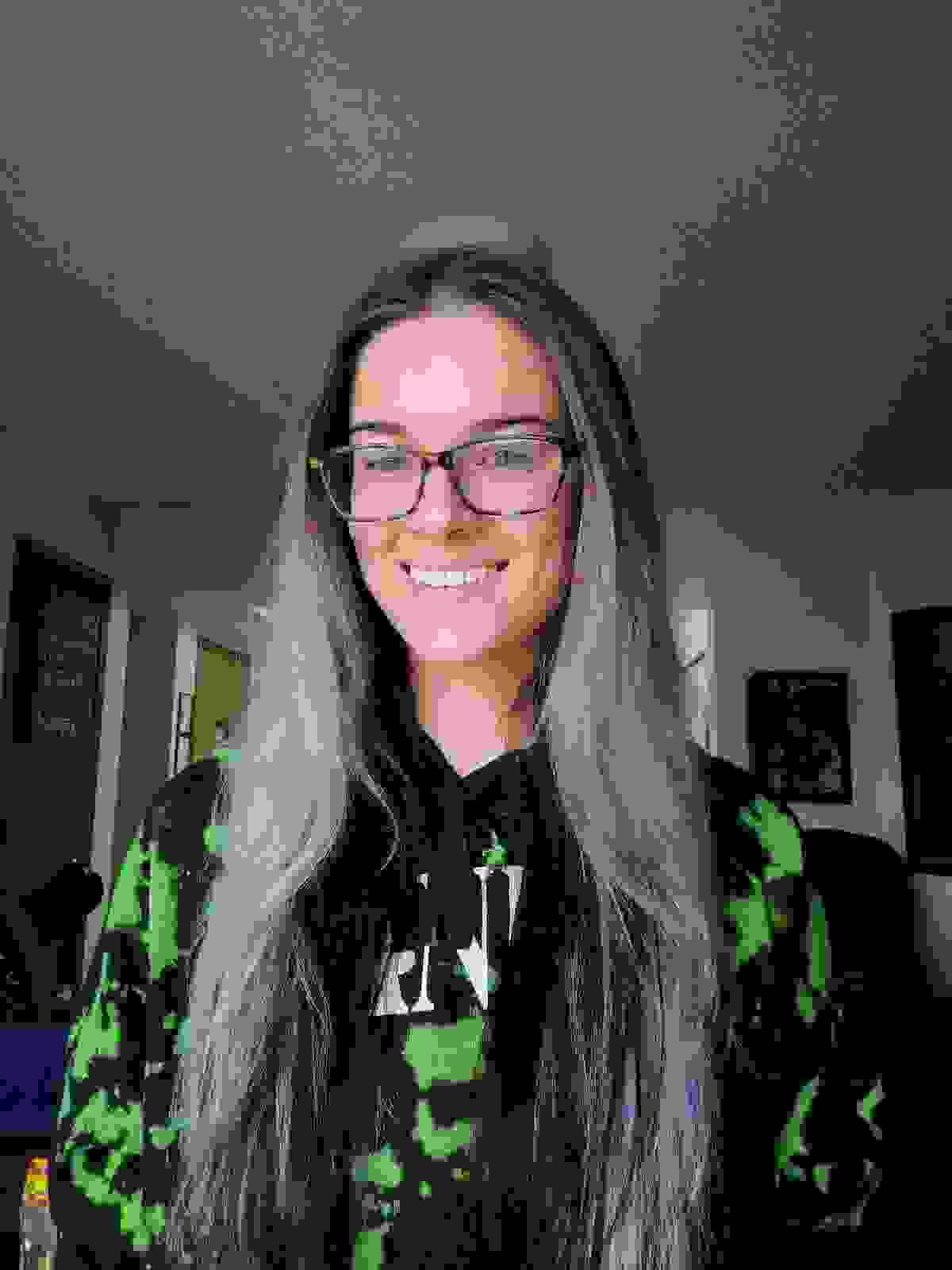
Dr. Ashley Schneider, PhD
PhD in Chemistry, The University of Iowa, Fall 2025
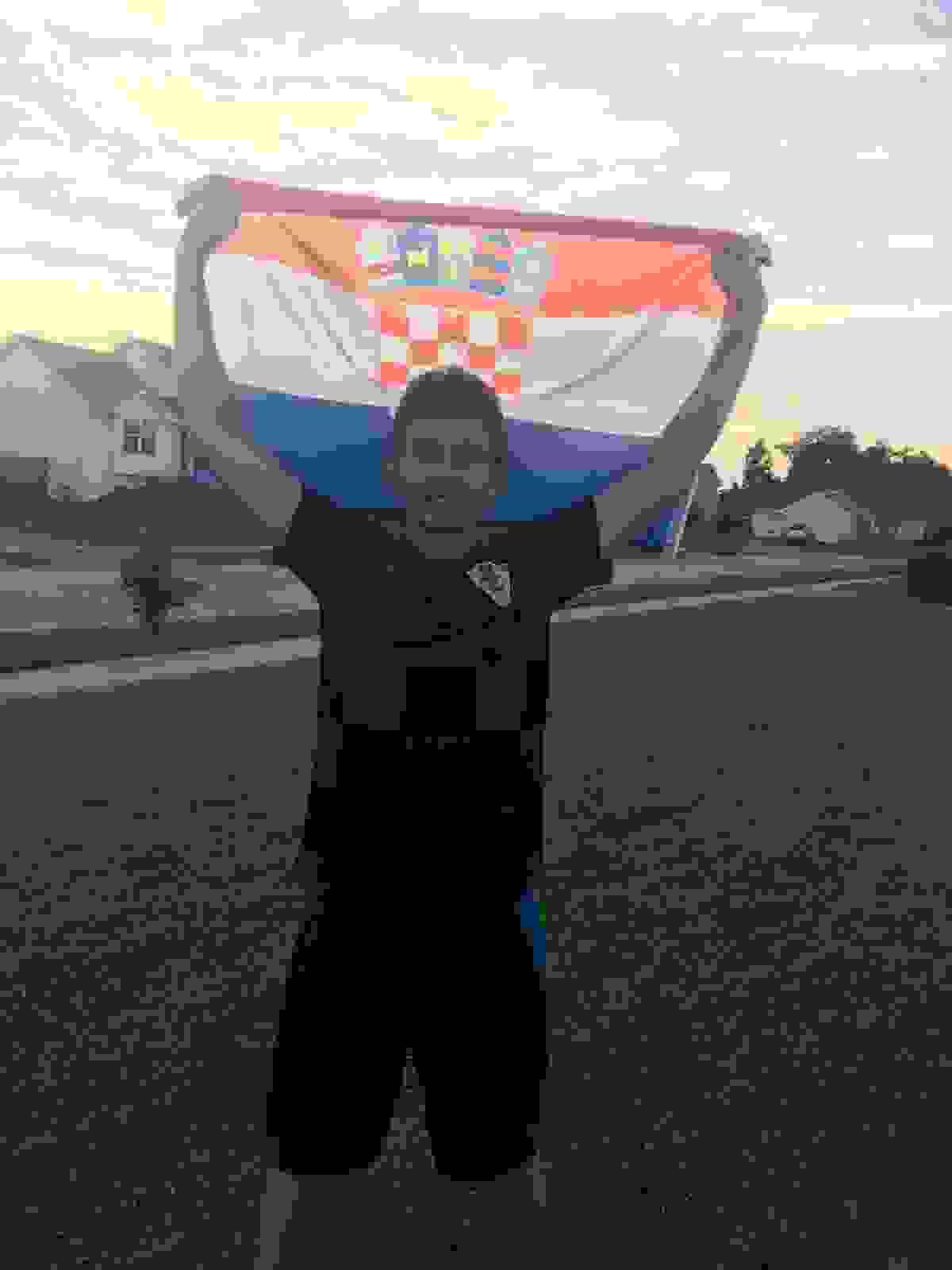
Dr. Andrej Ćorković, PhD
B.A. in Chemistry, Grinnell College, Spring 2018
PhD in chemistry, The University of Iowa, Fall 2025
Postdoctoral Fellow, University of Wisconsin - Madison (Schomaker Group)

Sreya Roy, MSc
MSc in Chemistry, The University of Iowa, Fall 2025
Associate Production Scientist, Millipore Sigma

Idowu Otunomo, MSc
MSc in Chemistry, The University of Lagos, Nigeria
MSc in Chemistry, The University of Iowa, 2025

Dr. Piyumi Wijesirigunawardana, PhD
B.S in Molecular Biology and Biochemistry, The University of Colombo, Sri Lanka, 2017
PhD in Chemistry, The University of Iowa, Spring 2025

Noah Veatch, BSc
BS in Chemistry, The University of Iowa, 2025
Integrated DNA Technologies

Bishnu Neupane, MSc
MSc in Chemistry, The University of Iowa, 2023
Associate Scientist III, Alexion

Matthew Morris, REU
REU, The University of Iowa, 2022
PhD student in Biomedical Engineering at Rutgers University

Ashley Ley, REU
REU, The University of Iowa, Summer 2021
PhD student in Chemistry at University of Colorado - Boulder

Dr. Benjamin Hale, PDF
B.S. in Chemistry, University of Northern Iowa, 2009
PhD in Chemistry, Iowa State University, 2015
Post-Doctoral Research Fellow, The University of Iowa, 2021
Senior Scientist, Process Development, MilliPoreSigma

Krystyn Dubicki, MSc
MSc in Chemistry, University of Alberta, 2021
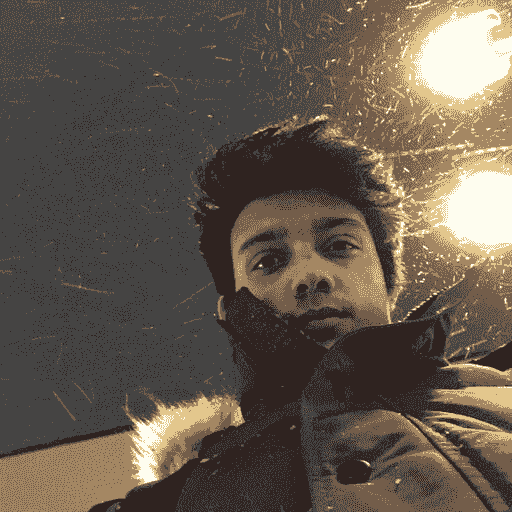
Dr. Zain Kazmi, PhD
PhD in Chemistry, University of Alberta, 2023

Dr. Andreas Dorian, PhD
PhD in Chemistry, University of Alberta, 2022

Dr. Khyati Gohil, PhD
PhD in Chemistry, University of Alberta, 2022
Contact us
Interested in joining us for graduate studies? Email us below!
Gallery
Lab photos
© 2019
